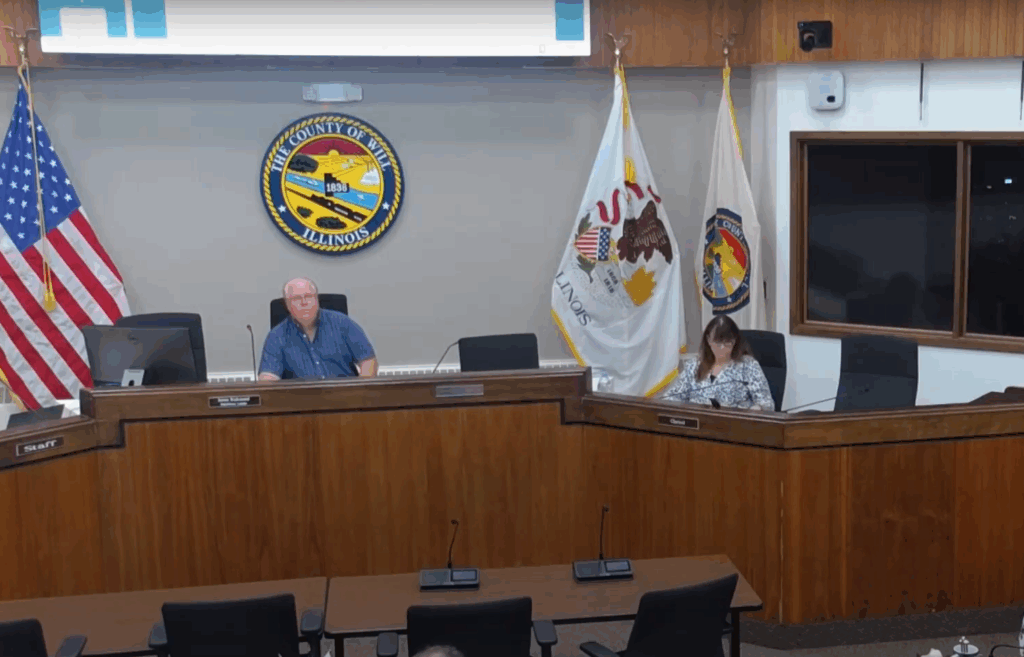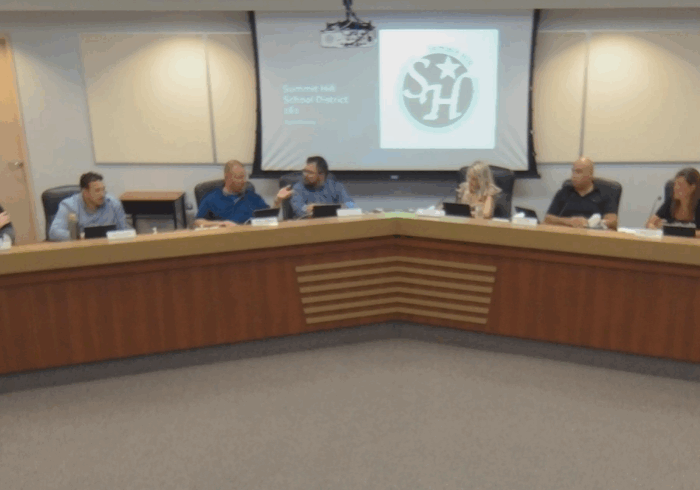
Summit Hill 161 Board Approves $40 Million Budget for 2025-2026 School Year
Summit Hill School District 161 Board Meeting | September 17, 2025
Article Summary: The Summit Hill School District 161 Board of Education unanimously approved a roughly $40 million budget for the 2025-2026 fiscal year, which projects a deficit largely due to a strategic plan to pay off existing bonds early. The budget addresses increased costs in transportation and salaries while maintaining fiscal controls through strategic fund transfers and competitive bidding.
FY 2025-2026 Budget Key Points:
-
The board approved the budget for the fiscal year beginning July 1, 2025, and ending June 30, 2026, following a public hearing.
-
The budget projects an overall deficit of approximately $1.58 million, primarily driven by the Debt Service fund, which is using its existing balance to pay off bonds scheduled to be retired in January 2027.
-
Key cost increases include transportation, driven by a new contract and special education needs, and salaries, with some staff groups receiving raises above the district’s 5% average increase.
-
The district plans to transfer $400,000 in interest from its Working Cash fund and $180,000 in interest from the Debt Service fund to support the Education and Capital Projects funds, respectively.
The Summit Hill School District 161 Board of Education on Wednesday, September 17, 2025, unanimously approved the budget for the 2025-2026 fiscal year after holding a public hearing. The budget outlines revenues of approximately $38.5 million and expenditures of just over $40 million, reflecting increased costs for transportation and staff salaries while continuing a plan to aggressively pay down the district’s bond debt.
During a presentation to the board, the district’s business manager explained that while the overall budget shows a deficit of $1.58 million, this is an intentional part of the district’s long-term financial strategy. The deficit is concentrated in the Debt Service fund, which is using its beginning balance to make payments on bonds that are scheduled to be fully paid off by January 2027.
“That’s why it’s showing an excess of expenses over revenue, because the beginning balance in that fund is paying for the current expenses,” the business manager explained. Once the bonds are retired, she noted, the remaining balance and future resources will be available for other district needs.
The budget’s operating funds remain relatively balanced. The Education fund is projected to have a surplus of about $10,600 after a planned transfer of $400,000 in interest income from the district’s Working Cash fund. “We have found that to be very strategically successful for the district,” the business manager said of the transfer. “Instead of just leaving the money in the working cash fund, we could transfer that interest into another fund and utilize it.”
Board members noted significant cost drivers, particularly in transportation. These costs are influenced by a new, more expensive transportation contract and rising expenses for special education transport provided through the Lincoln-Way Area Special Education Cooperative (LWASE District 843). Salary increases also impact the budget, with most staff receiving a 5% raise in line with the collective bargaining agreement. However, some groups, such as paraprofessionals, were approved for raises above that average.
Board member Patrick Oliphant questioned the classification of certain large projects, advocating for strict definitions between operational maintenance and long-term capital projects. “I would like to get to a point where none of those projects are either way,” Oliphant stated. “Is this an annual cost that we can expect? Because then it’s operations. If it’s once every five years, that’s just capital… we want to make sure that we’re honest with the public with that because then we can go back after the fact and realize, do we need to plan differently?”
In response to a question from board member Joy Murphy about rising expenditures despite the closure of two schools, the business manager explained that the current operations and maintenance budget includes ongoing multi-year projects like HVAC upgrades and parking lot repairs started in the previous fiscal year. She assured the board that those costs are expected to “fade down” in subsequent years.
The budget continues to fund major district goals, including the recent addition of a School Resource Officer, food service enhancements, and ongoing facility upgrades.
Latest News Stories
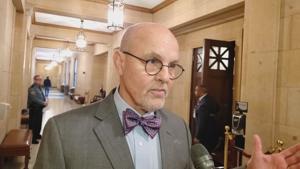
Soaring utility bills, solar federal tax credit cuts dominate Illinois energy debate

Illinois quick hits: Pritzker signs crypto regulations

Trucking industry leader: New law may drive business out of Illinois

Derailment disrupts train service for Chicago, New York, Washington, Miami

Democratic candidates focus on national politics in campaign for U.S. Senate

Chicago posts fewest homicides since 2016, arrests rate also declines

Illinois quick hits: Prosecutors charge two more in Tren de Aragua case; Senate Energy and Public Utilities Committee meets today; Illinois Little League team loses in World Series
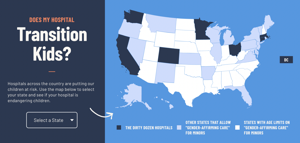
Report: Human Rights Campaign pressures transgender procedures on minors

Everyday Economics: Housing market and Fed policy in focus in the week ahead
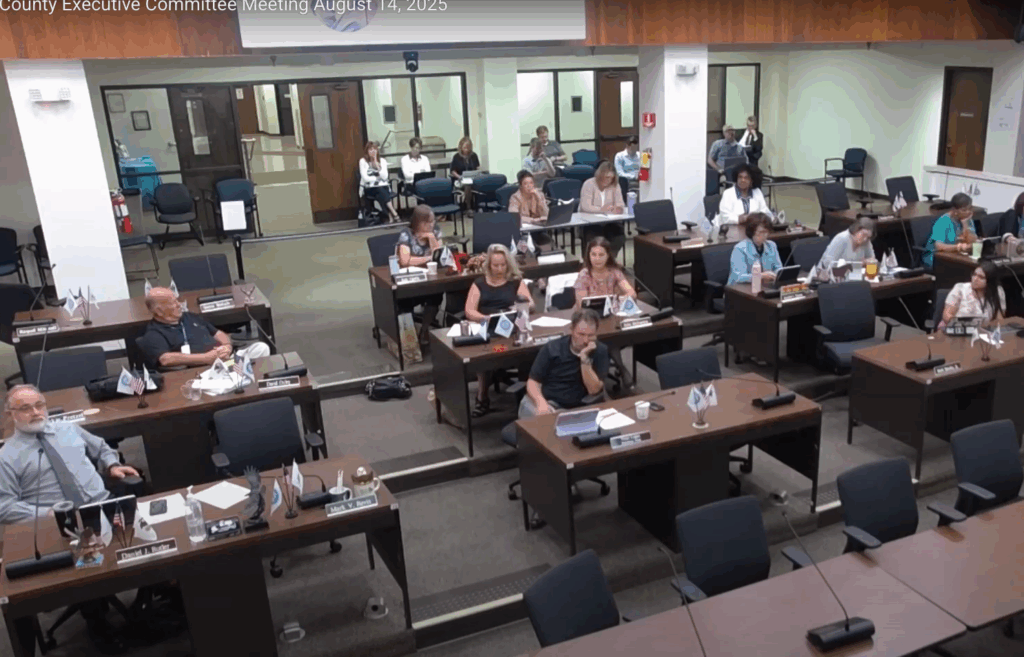
Executive Committee Considers $12,000 Strategic Planning Initiative with University of St. Francis

Businesses brace for new tax challenges amid global tariff focus

Illinois takes over health insurance marketplace in 2026 amid skepticism
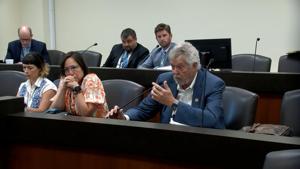
WATCH: IL state reps challenge IEMA-OHS responses to local agencies
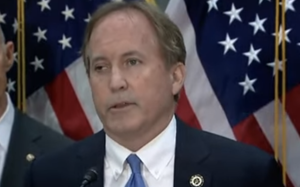
Judge expands restraining order against ‘Beto’ O’Rourke, adds ActBlue
